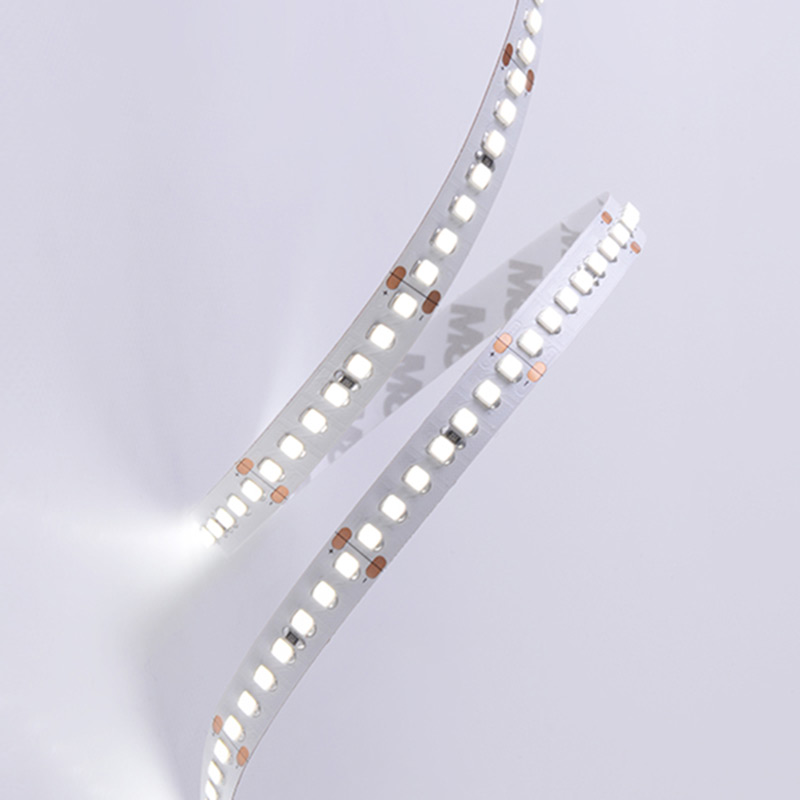Feb . 15, 2025 23:18
Back to list
drum brakes making noise
Drum brakes, essential components in many vehicles, play a critical role in ensuring safe and smooth stops. However, when they begin to produce noise, it signifies potential issues that require immediate examination. Understanding why drum brakes make noise, what types of noise they might generate, and how to address these issues can enhance your vehicle's performance and safety.
For automotive enthusiasts and professionals, it’s understood that the materials used in drum brakes can influence noise levels. For instance, semi-metallic brake shoes offer durability but might be noisier compared to organic or ceramic options. While ceramic brake shoes are quieter, they come at a higher cost and might not perform as well under high-temperature conditions which are typical in heavy braking. Evaluating your driving needs and conditions can guide better material selection and noise management. Another aspect contributing to drum brake noise is the condition of the wheel bearings. When wheel bearings become worn or damaged, they fail to hold the drum properly aligned with the brake pads, creating noise and reducing braking efficiency. Regularly checking wheel bearings for play or noise during rotation can prevent unnecessary wear on drum brakes and reduce associated noise. Professional mechanics emphasize the significance of calibrating the brake system after any maintenance activities. Properly adjusted brake shoes ensure consistent contact with the drum, which minimizes vibrations and noise. An incorrectly adjusted brake can either create excess noise or diminish braking performance, both of which can jeopardize vehicle safety. Utilizing the service manual for your specific vehicle model to follow manufacturer guidelines on brake adjustment is essential. In conclusion, while drum brake noise can be an annoyance, it often serves as an early warning of maintenance needs. Regular inspection and maintenance, including cleaning, lubricating critical parts, and replacing worn components, are crucial strategies to manage and eliminate unwanted brake noise. By understanding the unique characteristics of drum brakes and employing proper maintenance practices, vehicle owners can enhance both safety and driving experience. Whether you handle it personally or rely on a seasoned mechanic, addressing drum brake noise promptly will ensure your vehicle’s braking system performs efficiently and safely.


For automotive enthusiasts and professionals, it’s understood that the materials used in drum brakes can influence noise levels. For instance, semi-metallic brake shoes offer durability but might be noisier compared to organic or ceramic options. While ceramic brake shoes are quieter, they come at a higher cost and might not perform as well under high-temperature conditions which are typical in heavy braking. Evaluating your driving needs and conditions can guide better material selection and noise management. Another aspect contributing to drum brake noise is the condition of the wheel bearings. When wheel bearings become worn or damaged, they fail to hold the drum properly aligned with the brake pads, creating noise and reducing braking efficiency. Regularly checking wheel bearings for play or noise during rotation can prevent unnecessary wear on drum brakes and reduce associated noise. Professional mechanics emphasize the significance of calibrating the brake system after any maintenance activities. Properly adjusted brake shoes ensure consistent contact with the drum, which minimizes vibrations and noise. An incorrectly adjusted brake can either create excess noise or diminish braking performance, both of which can jeopardize vehicle safety. Utilizing the service manual for your specific vehicle model to follow manufacturer guidelines on brake adjustment is essential. In conclusion, while drum brake noise can be an annoyance, it often serves as an early warning of maintenance needs. Regular inspection and maintenance, including cleaning, lubricating critical parts, and replacing worn components, are crucial strategies to manage and eliminate unwanted brake noise. By understanding the unique characteristics of drum brakes and employing proper maintenance practices, vehicle owners can enhance both safety and driving experience. Whether you handle it personally or rely on a seasoned mechanic, addressing drum brake noise promptly will ensure your vehicle’s braking system performs efficiently and safely.
Latest news
-
Brake Drums for Trucks | OEM-Grade, Factory DirectNewsNov.10,2025
-
High-Performance Brake Drums for Trucks | OEM & ISONewsNov.10,2025
-
Brake Drums Built to Last — OEM-Grade, Balanced for TrucksNewsNov.10,2025
-
Brake Drums for Trucks – OEM-Grade, Durable, Low NoiseNewsNov.10,2025
-
Brake Drums for Trucks | OEM, ISO-Certified, Fast DeliveryNewsNov.10,2025
-
Brake Drums: OEM-Grade, Precision Balanced, Factory DirectNewsNov.03,2025
-
Brake Drums: Heavy-Duty, OEM-Grade, Precision-BalancedNewsNov.03,2025


